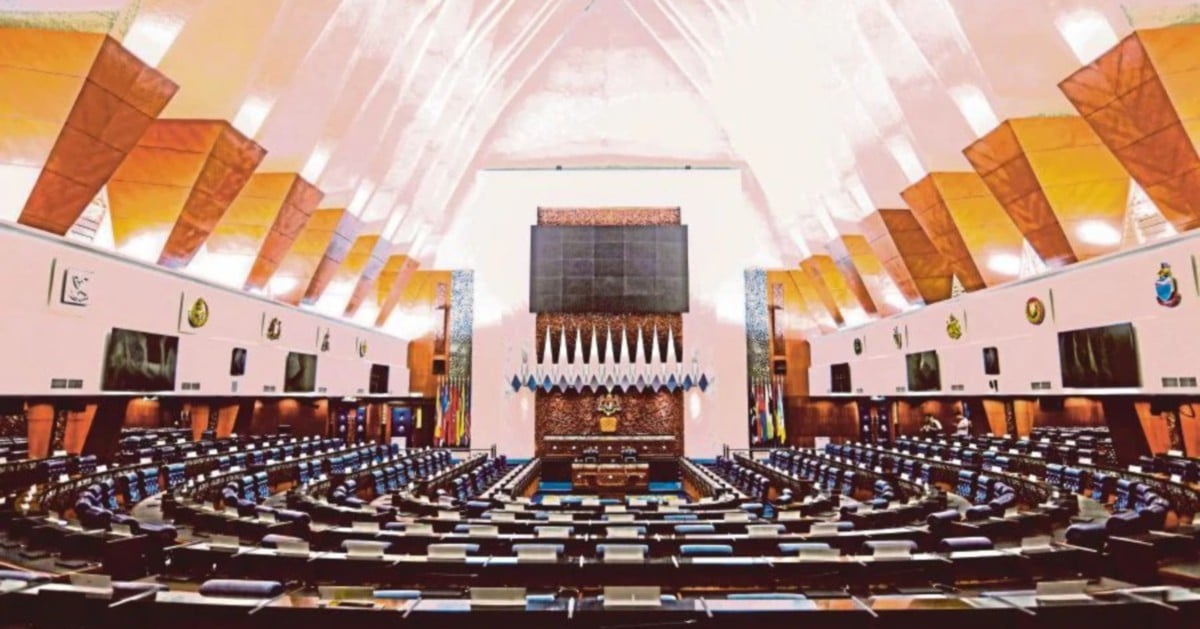KUALA LUMPUR: An anti-graft watchdog group has cautioned the government against unchecked powers in procurement under the new Government Procurement Bill, which it says would “grant extraordinary decision-making authority to the finance minister and state chief ministers.”
The Centre to Combat Corruption & Cronyism (C4 Centre) said that while it welcomes the long-awaited bill after years of civil society advocacy for stronger procurement regulations to address decades of corruption scandals, the draft law fails to tackle key issues and instead introduces “extremely concerning” provisions.
Among these, it said, are clauses granting almost unchecked powers of procurement approval to the finance minister and state chief ministers.
“Clause 10(1)(a), read together with Schedule 1, grants ministers and chief ministers power to approve procurement contracts valued above RM50 million for goods and services, and RM100 million for works, with no upper limit.
“Before making a decision, the minister must compel the Procurement Board to provide a recommendation (Clause 13(2)), but is not bound by it.
“Clause 13(3) expressly allows the minister to disregard the Board’s view, and Clause 13(4) makes the minister’s decision final and binding,” C4 said in a statement.
The group also raised concerns over the proposed appeal tribunal, saying the process was not independent of the executive.
“A critical aspect of a strong Government Procurement Act is the establishment of a body empowered to receive complaints on procurement, adjudicate disputes between the procuring entity and the appellant, and create legally binding decisions, including the revocation of contract award decisions.
“The latter is especially crucial as the entire purpose of such a body would be rendered null and void if contracts conclusively made on corrupt grounds were nonetheless allowed to proceed.
“Such a body must be independent from the Executive because complaints and disputes brought forward will necessarily involve the government,” it added.
Other concerns highlighted were the concentration of power in the Registrar, clauses that weaken oversight and accountability, and wide investigative powers for authorised officers under the Treasury and state financial authorities — in some cases exceeding those of the police.
C4 said the bill also contains exemptions and loopholes that override safeguards.
“Clause 2(2) allows the minister, or at state level the menteri besar/chief minister, to exempt any one-off allocation under the Supply Act or enactment from the Act’s application.
“This creates a sweeping loophole where entire programmes or projects can be excluded from its safeguards, undermining the consistency and accountability the bill is meant to guarantee,” it said.
C4 further noted Clause 12(7), which it described as “breach without consequence”, as it shields procurement board decisions from being invalidated even if a member contravenes the Act.
“These are just some of the problematic provisions of this bill,” the statement added.
The Government Procurement Bill, aimed at strengthening transparency and integrity in public procurement, was tabled for first reading in the Dewan Rakyat yesterday.
Deputy Finance Minister Lim Hui Ying said the second reading is scheduled for this parliamentary session, which concludes on Aug 28.
The bill was drafted on principles of accountability, governance and transparency, and also seeks to establish the Government Procurement Appeal Tribunal to uphold integrity and fairness while maximising the use of public resources.
© New Straits Times Press (M) Bhd






